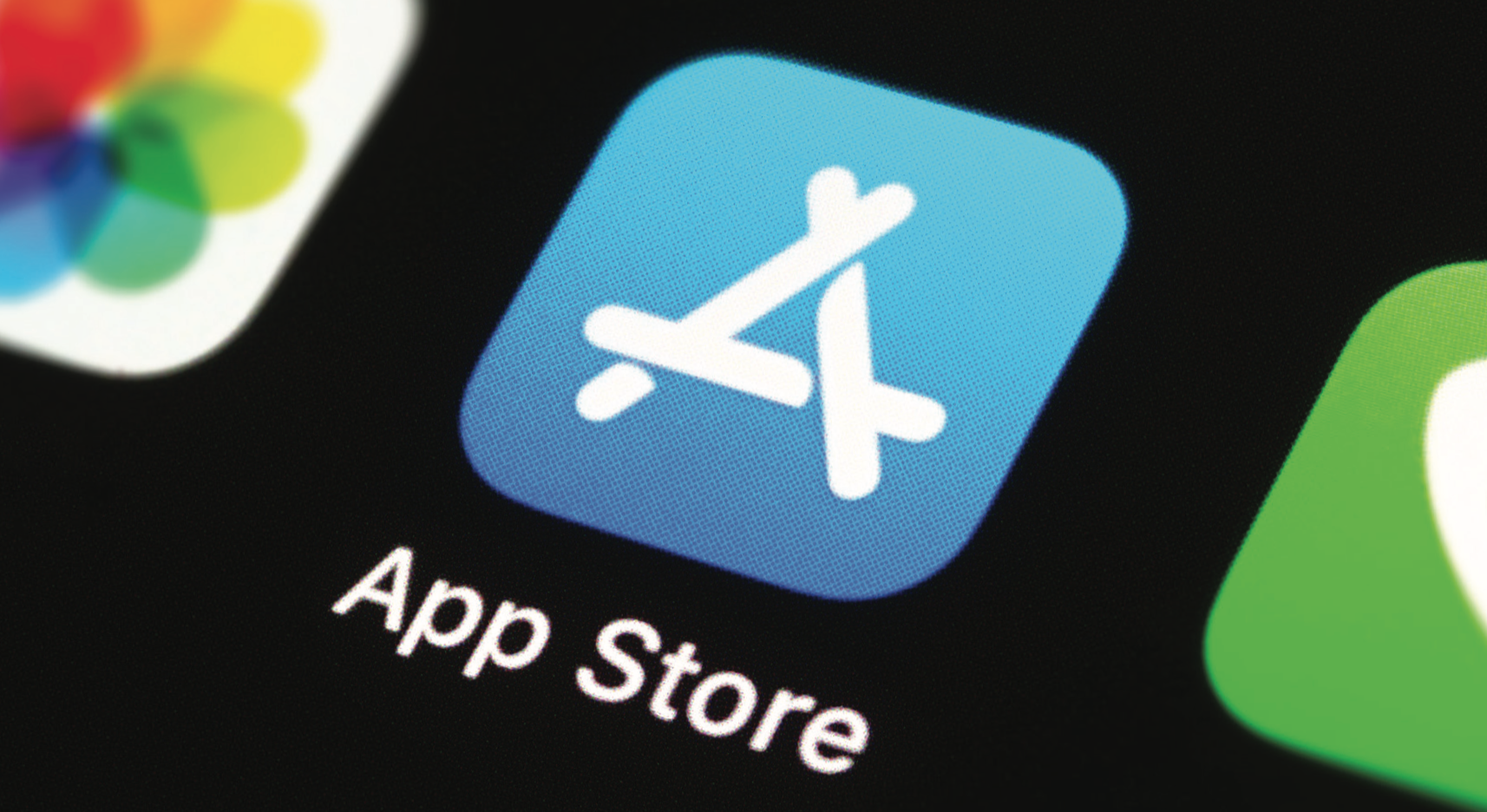

Image credit: Apple
Apple in the new year has sought to rid itself of another legal claim, after it reportedly agreed to settle a lawsuit concerning a scam associated with its iTunes gift cards.
Reuters reported that Apple has agreed to settle the lawsuit that alleged the iPhone maker knowingly let scammers exploit its iTunes gift cards, and keep stolen funds for itself.
This is not the first time there has a been issue involving scammers and iTunes. Back in November 2011, scammers used a convincing email on the eve of Thanksgiving in the United States, that pretended to offer $50 of credit on the iTunes Store, but in fact it contained malware that could take over a user’s system.
However this case stems from 2015, after Reuters witnessed a filing on Wednesday in federal court in San Jose, California. The filing revealed that Apple and the plaintiffs have agreed on material settlement terms after working with a mediator.
They are drafting a formal settlement to be presented to US District Judge Edward Davila for preliminary approval, Reuters reported.
The scam at the centre of this legal action, involves fraudsters who generate panic or urgency by insisting over the phone that victims purchase Apple App Store and iTunes gift cards, or Apple Store gift cards, in order to pay for taxes, hospital and utility bills, bail and debt collection.
Victims are then told to share the codes on the backs of the cards, despite a warning on the cards that reads: “Do not share your code with anyone you do not know.”
Indeed, Apple even has a dedicated web page, warning users about possible gift card scams.
The complaint alleged that Apple would typically deposit only 70 percent of the stolen funds into fraudsters’ bank accounts, and keep 30 percent for itself as a “commission” for knowingly converting stolen codes into dollars.
Victims likely lost “hundreds of millions of dollars” in the scam, the complaint alleged.
The lawsuit covered anyone in the United States who from 2015 through July 31, 2020 bought gift cards redeemable on iTunes or the App Store, provided codes to fraudsters, and did not receive refunds from Apple.
In June 2022, Judge Davila rejected Apple’s bid to dismiss the lawsuit, Reuters noted.
The judge had said the plaintiffs sufficiently alleged that Apple’s effort to disclaim liability, even after victims claimed they were scammed, was unconscionable.
American space agency prepares for testing of Boeing's Starliner, to ensure it has two space…
As UK and Europe develop closer military ties, European Commission says it will invest €1.3…
Zuckerberg seeks to revive Facebook's original spirit, as Meta launches Facebook Friends tab, so users…
Notable development for Meta, after appeal against 2021 WhatsApp privacy fine is backed by advisor…
First sign of shake-up under new CEO Lip-Bu Tan? Three Intel board members confirm they…
Trump's nominee for SEC Chairman, Paul Atkins, has pledged a “rational, coherent, and principled approach”…